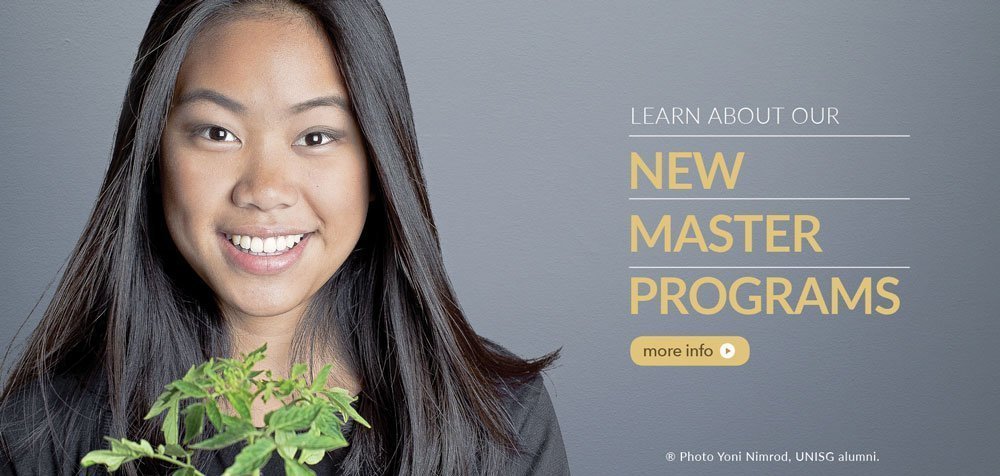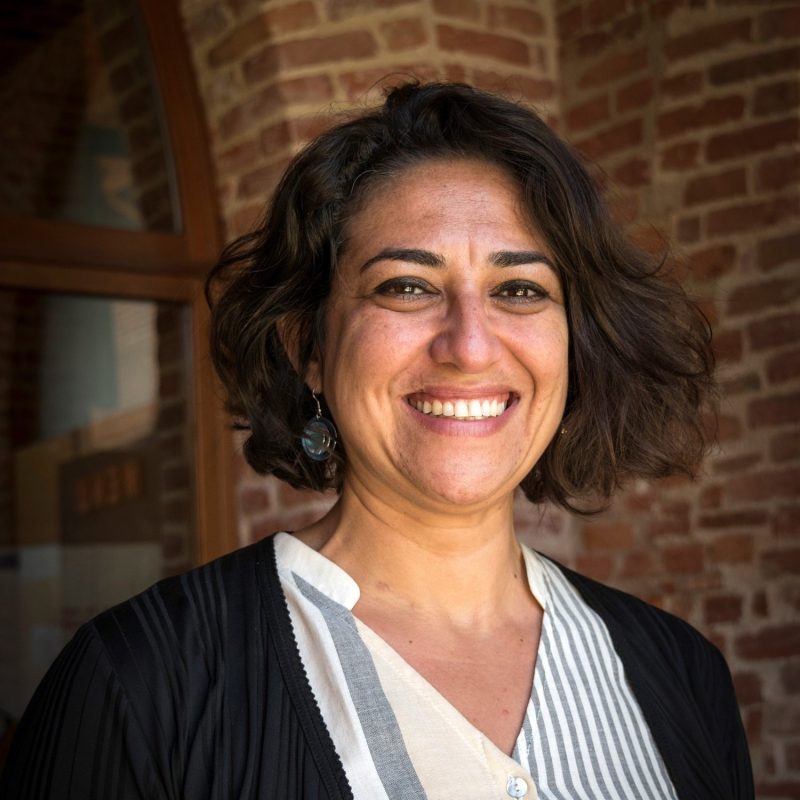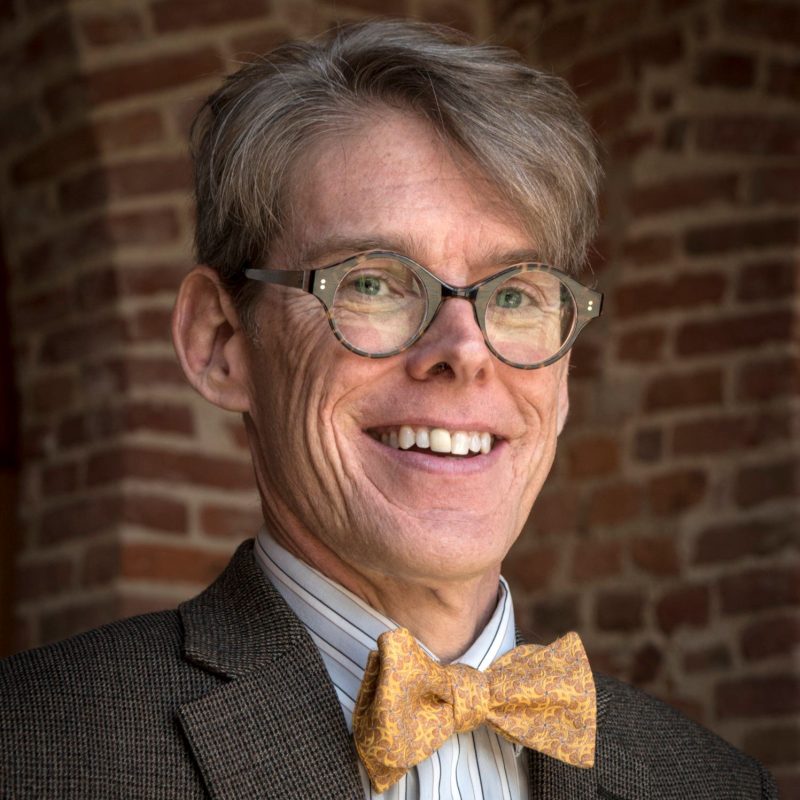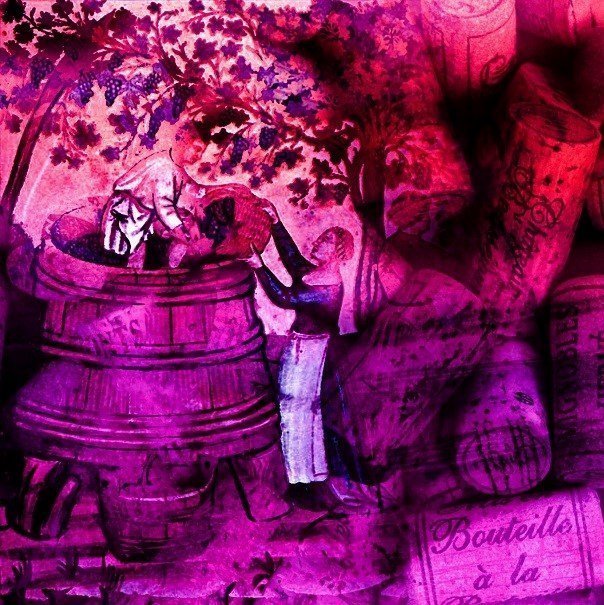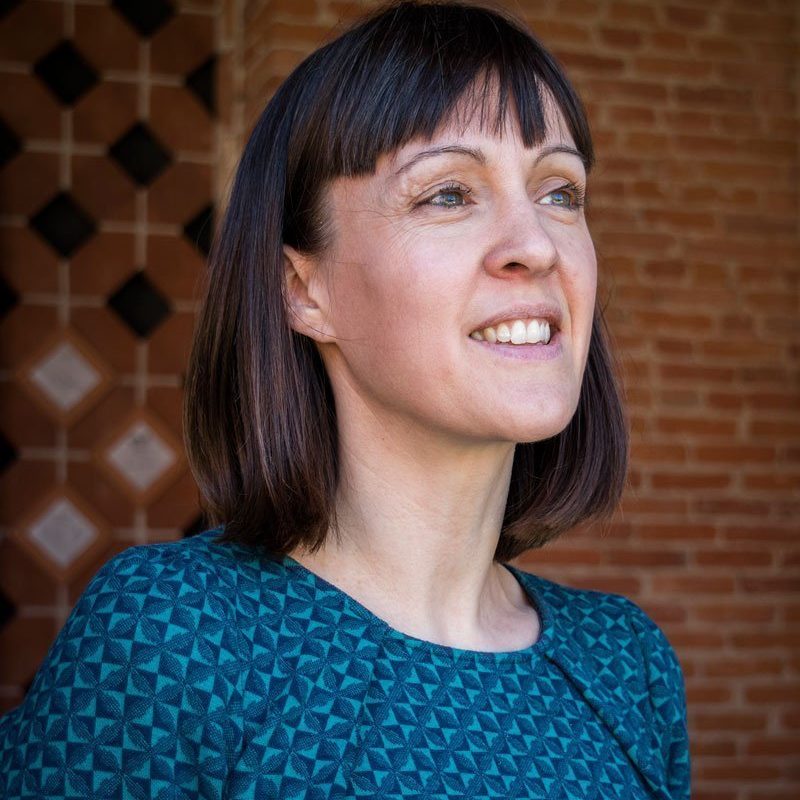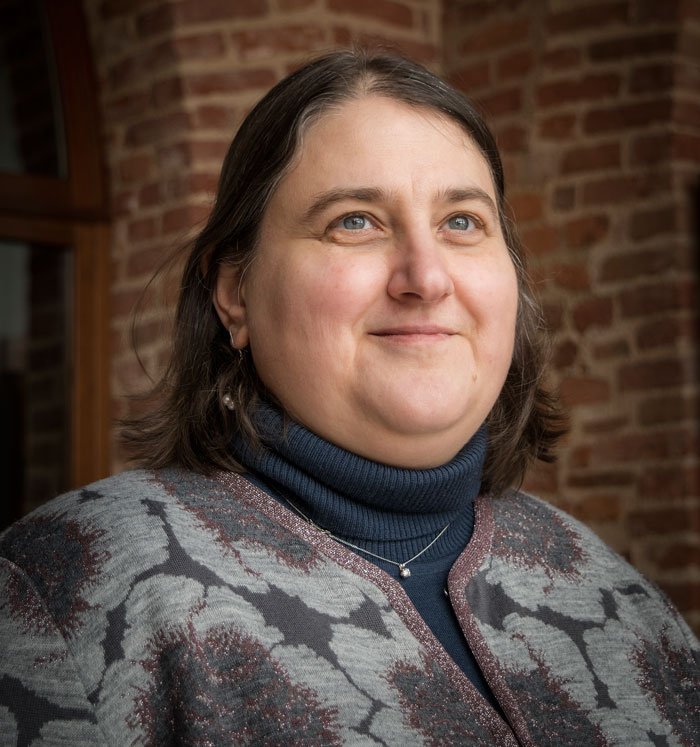A chat with prof. Shujaul Mulk Khan and prof. Arshad Mehmood Abbasi
Shujaul Mulk Khan, Assistant Professor in the department of Plant Sciences at the Quaid – i – Azam University in Islamabad and Arshad Mehmood Abbasi, Assistant Professor in COMSATS Institute of Information Technology of Abbottabad have organized lectures for our Master of Gastronomy: Food in the World (Food Ecologies and Sovereignty) program on “Ethno Ecologies in the Pakistani Himalaya”.
Both specialized in ethnobotany, they brought our students news ideas and points of view, discussing the heritage of wild plants, food habits and traditions and the rich cultural diversity of the northern mountain area of Pakistan.
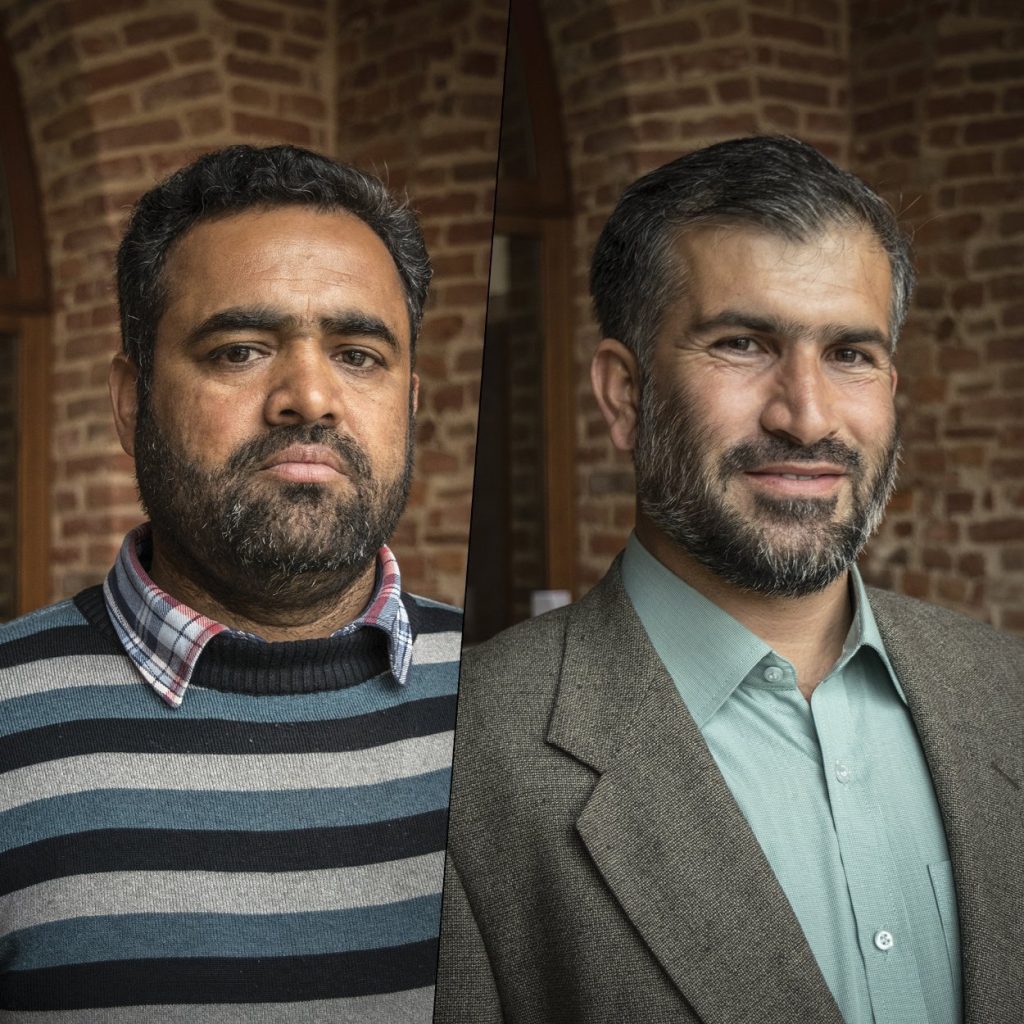
Arshad Mehmood Abbasi and Shujaul Mulk Khan
Prof. Khan and prof. Abbasi can you tell us a bit of your academic experience and what you are teaching here in Pollenzo?
Khan:
I’m specialized in ethnoecology of the Western Himalaya: I did my Ph.D and post doc in plant ecology and conservation at the University of Leicester and I’m now teaching in the Quaid – i – Azam University in Islamabad in Pakistan, one of the top universities of my country and among the eight top Asian universities, where I mainly do my research on ecology and plants.
Plants have a special relationship with environment: my focus is to discover and understand that relationship between environmental factors and the effects of climate change on endemic plants.
Endemic plants are those which are restricted to a special area and that are not found elsewhere: specifically I deal with the plants that grow in the Western Himalayas and not elsewhere in the world.
We are mapping the position of those rare plants in the Himalayas from two different perspectives: under the scenario of climate change and also under the influence of anthropogenic pressure.
Here at the Master I’m talking mainly about the anthropogenic and cultural modifications of plants: this is the time to learn about endemic plants in different countries; that’s what I emphasized in my seminar to our students in these days.
Abbasi:
I’m an ethnobotanist too. I belong to a very poor family and I’m from a mountain area: my parents never attended school as there were no facilities at that time. Due to economic factors we mostly depended on natural resources: we were keeping animals to get milk and to eat, we collected fruit and vegetables.
My parents encouraged me a lot about focusing my education and studies on this area because it is a big issue for the local population. So I was educated by my parents to grow vegetables in my patch of land. I was interested in producing my own food for my family and I had in my mind the idea to continue my study in university on this subject.
Here in Pollenzo I presented my country and the biocultural diversity of Pakistan for the first time. None of the students have experience in botany, so this was a new thing for them.
I was talking about the plants from Himalayan region, how local people use them in daily life. To give you an idea of the diversity: in Pakistan we have 4 provinces, around 200 million inhabitants and we speak more than 70 languages.
Just consider that in the northern region of Baltistan, a small area in the mountain, they speak almost 30 languages. If you collect a plant from the field and you show this to the different communities, they have 30 different names for this plant.
At the same time, they have different food habits and different cooking methods that vary from one valley to another. If you move just very few kilometers, you’ll find different people, with other traditions, languages and culture. This is called cultural diversity: and the students were very happy to hear about this.
How do you see future of food? Is the food heritage of Pakistan in danger?
Khan:
I think there are two aspects for this question. In the developed nations, especially in Europe, when I see the Slow Food movement, I think the situation is improving, but it is not the same in other parts of the world.
If we think about South Asia, like India, Pakistan and those regions, one of the problem is population. We have a huge population and have to feed these people: to do so we tend to go towards “fast food” production. But something should be done on different grounds, for example policies to control population, but also to develop and spread the philosophy of Slow Food in those countries.
We’ll be coming to Terra Madre in September and we’ll try to take this idea of Slow Food in our part of the world. The situation in the next 20 years can improve, we have to work for this change.
Abbasi:
As regards my country we have two main areas: the mountain areas, about 58% of the total of Pakistan, and the plains.
In urban areas, the concept of “Slow Food” is decreasing, due to the increasing population: we actually are the sixth largest country as population in the world.
From the other side, when you observe mountain communities, you may see local communities are still strongly linked to their food traditions and mostly prefer the food they collect in the surrounding environment, which grows naturally without any application of fertilizers or pesticides.
Our main focus as researchers is to document this knowledge and to educate people.
Talking with people in the rural areas of the mountains, we found out they still prefer the traditional way of food production.
In my hometown, a little village in the Himalayas, we prefer to eat natural food, pick up our fruits and collect our vegetables as our parents taught us to do.
“Fast food” may be able to fill your stomach, but it is not good for your health. Although governmental organizations are not too interested in preserving food traditions and are focused on quantity and on how to produce more food to meet the demand of the growing population. The need to conserve our food heritage is the big challenge.
What is a gastronome according your point of view?
Khan:
It was amazing to discover this university here and not only from the internet.
Today in the modern world people aim to focus on quantity of the things. Whether money, or food, but no one talks about quality. That’s why we are losing our health and humanity and also our happiness.
We should have quality first: we need food that should be fair, clean and slow-growing. A Gastronome is someone who works toward this goal. The University of Gastronomic Sciences plays a very important role for the whole world.
Abbasi:
In my view, gastronomy deals with food which is good for your health. The “Slow Food” and the natural food resources are the best for your stomach and health.
Here in Pollenzo you teach cross-cultural studies: this is an excellent place to share knowledge.
Can you tell us some recollections of your field work or some peculiar stories about your region?
Khan:
The people in our area eat organic food in the villages and reach very old ages.
My grandfather died at the age of 130 and my grandmother at the age of 114. When I was child it was quite common to find people with ages close to 100. Now it is very rare.
In my village we are used to have thousands of guests during the year: in my father’s house we have 30 beds for travelers to stop and rest. We also feed them.
Now I live in the city, but am still used to these customs. If people from my village need a place to stay in town, I have to give them hospitality.
This tradition is very common in the northwest of Pakistan, close to Afghanistan, where I’m from.
Abbasi:
In Pakistan, it is not so easy to go in the field and we face some difficulties. First of all, it is hard to get information from some people, like women. In these hilly areas it is actually very challenging: they have tribal tradition, they don’t like to present themselves in public and sometimes we need help from local interpreters.
Also, when we go to the high mountain areas, the weather can change suddenly and we may find ourselves stranded with no food for days. But this is nature and we can manage it: I’m a good chef and I can cook for up to 200 people, just collecting food from the field.
by Alessandra Abbona, Unisg Communication Office

